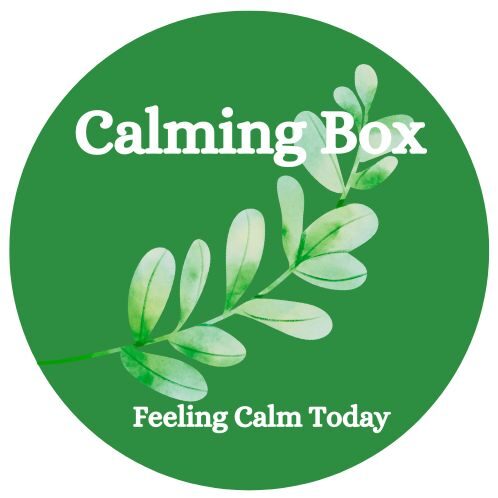Our early years can be perceived as a period of innocence, where the world is viewed through rose-tinted glasses. However, for many, it can be a time marred by experiences that leave indelible marks on one’s psyche. Childhood trauma has profound effects on your emotional, psychological, and even physical well-being.
Here’s why and how you can seek healing.
1. The Imprint of Early Experiences:
Our youth lays the foundation for our understanding of relationships, self-worth, and the world around us. Traumatic emotional and psychical abuse, neglect, witnessing violence, losing a parent can distort this foundation. Your experiences can lead to feelings of shame, guilt, and unworthiness, which may manifest in adulthood as self-sabotaging behaviours, trust issues, difficulty in forming meaningful relationships.
2. The Brain’s Response:
Childhood trauma alters the brain’s structure and function. The developing brain of a child is highly susceptible to stress. Chronic exposure to traumatic events results in changes in areas of the brain responsible for emotional regulation, memory, and stress response. This leads to heightened anxiety, depression, and a heightened state of alertness even in non-threatening situations.
Breaking Free from the Chains:
1. Acknowledge the Trauma:
Your first step towards healing is acknowledging the trauma. Denial or suppression can perpetuate its effects. Speak to a trusted friend, family member, or therapist. Recognizing the impact of past experiences is the cornerstone of any healing journey.
2. Seek Professional Help:
Therapy, especially trauma-focused therapy like Cognitive Behavioral Therapy (CBT) or Eye Movement Desensitization and Reprocessing (EMDR). A trained therapist can provide tools and strategies to process traumatic memories, challenge negative beliefs, and foster resilience. Choose wisely and ask questions before meeting.
3. Embrace Your Self-Care:
Self-care isn’t selfish; it’s a necessity, especially for trauma survivors. Engage in activities that bring joy and relaxation. Reading, meditation, art, taking a walk slowly without using your phone. Prioritizing your well-being is crucial in rebuilding a sense of safety and trust in yourself from within. Be careful of agents that numb you of your emotions which are crucial to feel. Even the uncomfortable ones.
4. Build Supportive Relationships:
Forming genuine connections can counteract the feelings of isolation and distrust stemming from childhood trauma. Surround yourself with supportive individuals who validate your experiences and encourage your growth. Not everyone will know how to help you or listen to you. Keep searching until you find others who can support you and validate you. And enjoy those close to you for who they are.
Childhood trauma undeniably shapes our experiences and perceptions, it doesn’t have to define our future. With awareness, support, and the right resources, it is possible to break free from its chains and pave the way for a brighter, more empowered tomorrow. Remember, healing is a journey, and every step, no matter how small, brings you closer to reclaiming your own narrative.Your kindness to yourself and others is needed.

